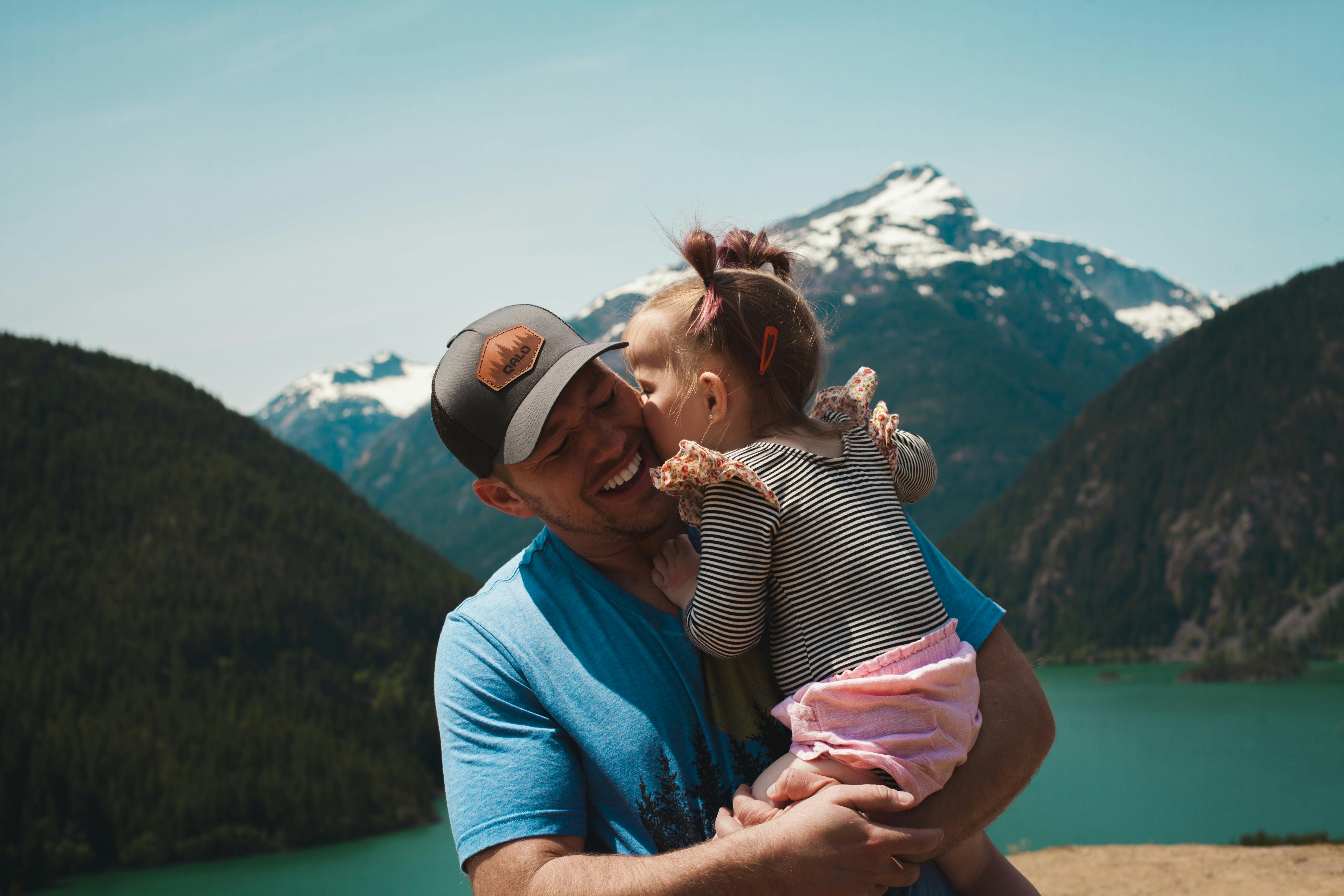Communication skills – Observation and listening skills
Being able to observe and gather information is probably the most important basic skill you can learn if you want to improve your social skills…
This is because it is the foundation of all communication skills.
What you say is obviously important, but if you don’t know what’s going on in front of you, then you have absolutely no chance of being able to influence it.
In today’s society, we have a tendency to become so dependent on technology like computers, mobile phones, and sat navs that we forget to use our own basic listening and observing skills…
I remember reading about someone who actually drove their car into a channel because they followed the directions of their sat nav system!
Obviously, this is a pretty dramatic and isolated case, but I think it’s safe to conclude that most people don’t make the best use of their own natural observing and listening skills.
In Western culture we don’t value observation and information gathering skills as much as they do in Eastern cultures. In Japan they have a word used to describe this ability called ‘amae’. Which refers to the ability to intuitively know what a friend, co-worker or family member is thinking and feeling just by the way they look and sound.
Renowned Japanese psychiatrist Takeo Doi tells the story of a time he visited friends in the United States. When he first walked in, his hosts looked at him and asked if he would like to eat sometime. Because in Japan you don’t ask someone if he would like something to eat, Takeo Doi was embarrassed and, although he was hungry, he refused the offer.
In Japan, you wouldn’t need to answer these kinds of questions because your host would intuitively know if you’re hungry by how you look and sound.
It is clear that, in Western society, we have a lot to learn from our Eastern counterparts when it comes to the ability to obtain information from the outside world. We can all get lazy from time to time and take things for granted. When we interact with people, we may have a tendency to make generalizations or assumptions about who they are and what they do.
A couple of years ago I was lucky enough to witness a keynote speech titled the Masai Masterclass by a speaker named Chris Howe. Chris is the CEO of a company called Changemaker and specializes in teaching large corporations the 5 key qualities of a Maasai warrior.
During his opening speech, Chris tells a fascinating story about a time when he traveled from Nairobi to a place called Tassia. On his trip, he worked closely with the Maasai community in the Laikipia region to discover more about their culture and way of life. One day, while interacting with one of the Maasai warriors, he felt compelled to ask what the procedure was for killing a buffalo. The answer he received was not direct.
The Maasai warrior looked at him curiously and then began the following conversation:
Maasai Warrior: “You want to kill Buffalo? Okay… what time of day?”
Chris: “Ehm… Well, during the day, around 12 o’clock?”
Maasai Warrior: “Okay… In what weather conditions?”
Chris: “Well, let’s go for dry weather!”
Maasai Warrior: “Okay….and what time of year?”
Chris: “Ehm… Daylight saving time?
After half a dozen questions of this nature, they finally arrived at a procedure for trapping and killing a buffalo under these particular conditions. However, the Maasai warrior was quick to point out that as soon as those conditions changed, the strategy would change as well.
Too often we have a tendency to search for that one technique that will work every time, every time with every person. The reality of the situation, however, is that such a technique does not exist. Obviously having simple techniques and rules and procedures is incredibly helpful, but the one thing that will dramatically increase your ability to communicate and talk to people effectively is to recognize that each individual is completely unique and that it’s vital to first spend some time figuring out what is true for that person at that moment.
In fact, one of the most powerful things you can do to improve your communication skills is to open your eyes and ears and become adept at being able to notice what is happening right in front of you, right now, right now. personalize your communication to suit that particular person at that particular time.
So if you always try to plan ahead for all the things you’re going to say to someone, great! it’s good that you want to be prepared, that will definitely help the flow of the interaction… Just remember that most of what you need to really connect with them on a deep level is right in front of you and the more you start to open your eyes and ears the more you will notice…
